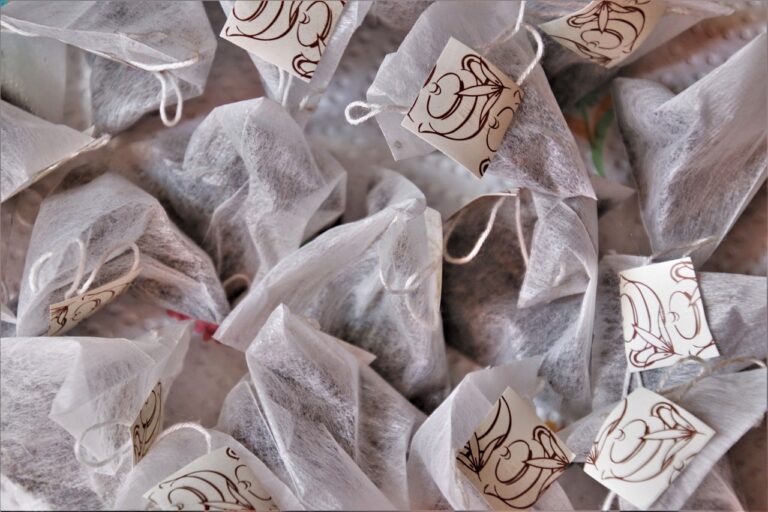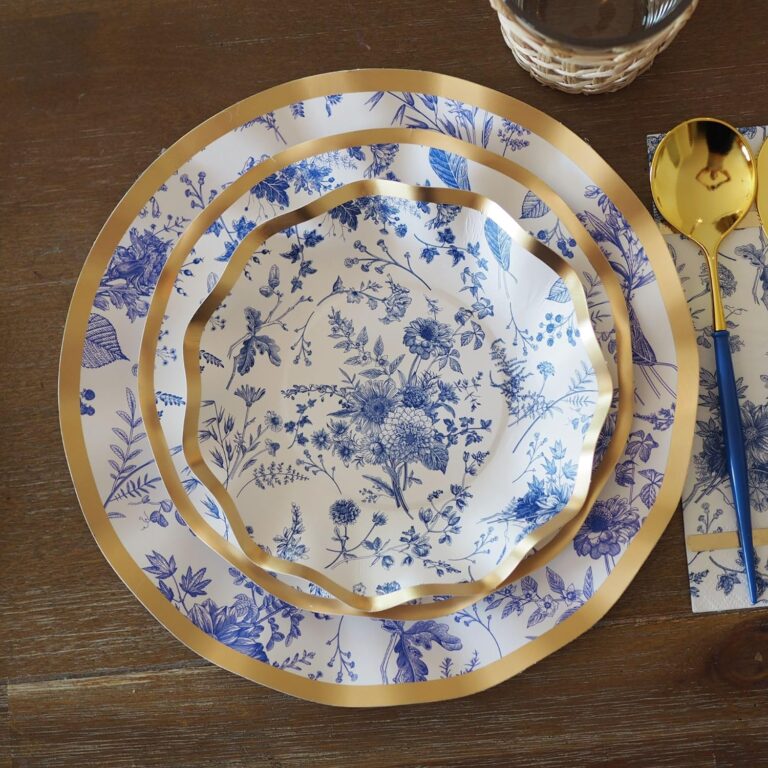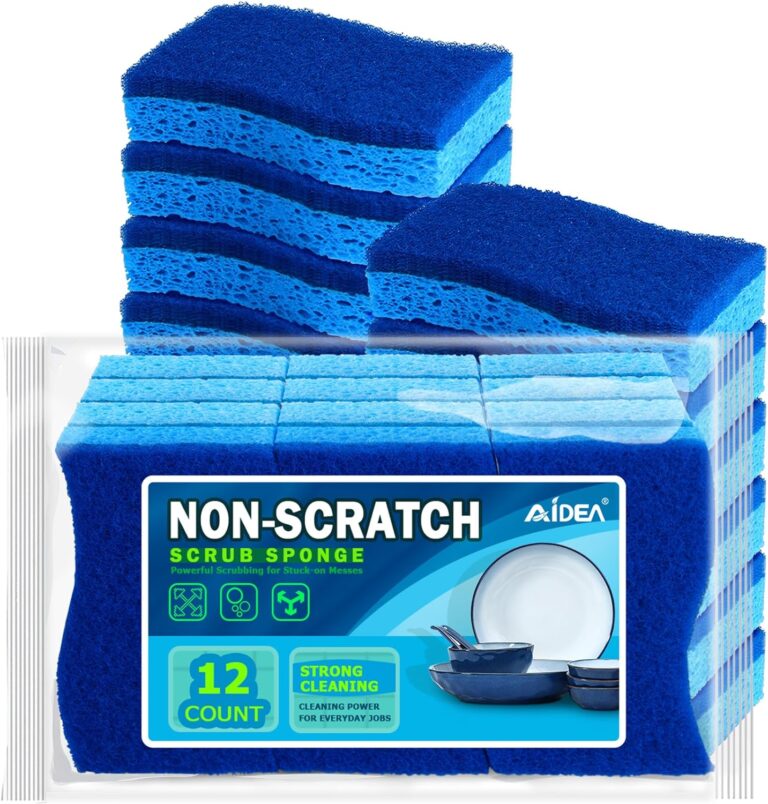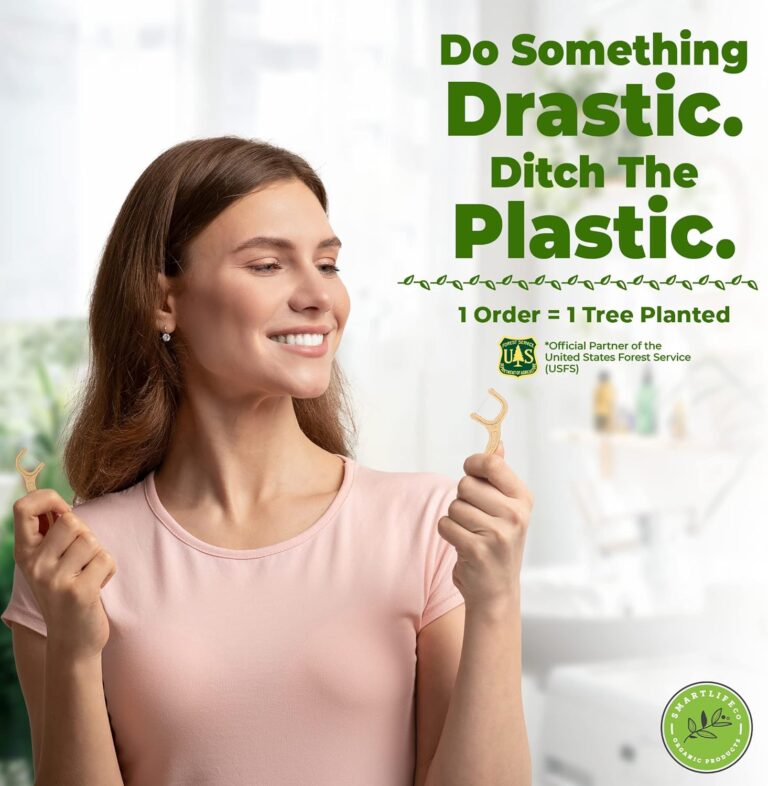Eco-Friendly Hair Products
Discover the benefits and types of eco-friendly hair products. Reduce your carbon footprint, avoid harmful chemicals, and embrace ethical consumerism.
Are you looking to make a positive impact on the planet while still maintaining luscious locks? Look no further than the world of eco-friendly hair products. With the increasing popularity of sustainable living, more and more people are becoming conscious of their choices, even in their beauty routines. Celebrities like Emma Watson and Alicia Silverstone have taken a stand, endorsed vegan hair products, and even launched their own product lines. And their efforts haven’t gone unnoticed, with sales of eco-friendly hair products seeing a significant 15% increase in the past year. Ethical consumerism is on the rise, and consumers now prioritize cruelty-free formulations that are sourced sustainably and use plant-based alternatives to reduce their carbon footprint. Not only that, but these eco-friendly hair products also come with biodegradable or recyclable packaging materials, helping to reduce plastic waste. By opting for vegan hair products, you can avoid harmful chemicals and toxins commonly found in mainstream beauty products, benefiting both the environment and your personal health. So why not make a small change to your hair care routine and join the eco-friendly movement?
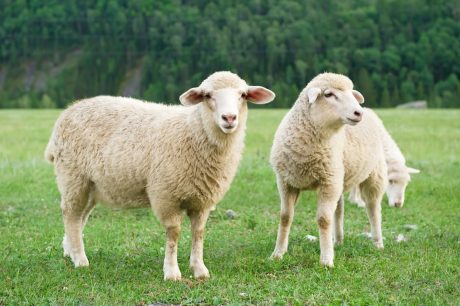
Factors driving the popularity of eco-friendly hair products.
Increasing awareness of environmental impact.
The popularity of eco-friendly hair products is rising as more people become conscious of their impact on the planet. With increasing awareness of climate change and environmental degradation, consumers are looking for ways to reduce their carbon footprint and make more sustainable choices. This awareness has driven the demand for eco-friendly hair products, as people recognize the harmful effects of traditional hair products on the environment.
Celebrity endorsement and product lines.
Celebrities, like Emma Watson and Alicia Silverstone, have endorsed vegan hair products and launched their own product lines. Their influence has been instrumental in driving the popularity of eco-friendly hair products. When celebrities publicly support and promote these products, it helps to raise awareness and make them more mainstream. Their endorsement lends credibility and encourages consumers to consider eco-friendly options for their hair care routine.
Growing demand for ethical consumerism.
Ethical consumerism is on the rise, and consumers are increasingly conscious of the impact their purchases have on society and the environment. People are seeking out products that align with their values and are actively looking for alternatives to mainstream hair care options, which often contain harmful chemicals and contribute to pollution. Eco-friendly hair products, with their emphasis on sustainability and ethical sourcing, have gained popularity as a result.
Preference for cruelty-free formulations.
Many consumers are now prioritizing products that are cruelty-free and do not involve animal testing. This preference for ethical treatment of animals has translated into a demand for hair care products that are formulated without any animal-derived ingredients and are not tested on animals. Eco-friendly hair products, especially vegan options, are gaining popularity as they meet this criterion and offer a guilt-free alternative for consumers.
Advantages of using eco-friendly hair products
Reduced carbon footprint through sustainable sourcing.
One of the main advantages of using eco-friendly hair products is their focus on sustainable sourcing. These products often utilize ingredients that are responsibly harvested, minimizing the environmental impact. By prioritizing sustainable practices, eco-friendly hair product companies aim to reduce their carbon footprint and contribute to the preservation of natural resources. This sustainable sourcing not only benefits the environment but also ensures that the products are of high quality.
Utilization of plant-based alternatives.
Eco-friendly hair products often utilize plant-based alternatives to replace traditional synthetic ingredients. These plant-based alternatives are typically derived from renewable sources and are biodegradable. By using plant-based ingredients, eco-friendly hair products reduce the reliance on non-renewable resources and minimize the use of chemicals that can be harmful to the environment. Additionally, these plant-based alternatives can provide nourishing and beneficial properties for the hair.
Biodegradable or recyclable packaging materials to reduce plastic waste.
Another advantage of using eco-friendly hair products is the focus on biodegradable or recyclable packaging materials. Many mainstream hair care products come in plastic containers that contribute to the growing problem of plastic waste. Eco-friendly hair product companies are conscious of this issue and make efforts to use sustainable packaging options. Biodegradable packaging materials break down naturally, reducing the environmental impact, while recyclable packaging can be reused or remade into new products, reducing the need for virgin materials.
Avoidance of harmful chemicals and toxins.
Eco-friendly hair products prioritize the exclusion of harmful chemicals and toxins that are commonly found in mainstream hair care products. These chemicals, such as sulfates and parabens, can have negative effects on both the environment and personal health. By avoiding these harmful ingredients, eco-friendly hair products provide a safer and healthier alternative for individuals. They are gentler on the hair and scalp while minimizing the release of pollutants into the environment.
Types of eco-friendly hair products
Vegan hair products.
Vegan hair products are a type of eco-friendly hair care option that aligns with the principles of veganism. Vegan hair products are free from any animal-derived ingredients and are not tested on animals. Instead, they utilize plant-based alternatives to provide nourishment and care for the hair. Vegan hair products have gained popularity due to their focus on ethical and cruelty-free formulations.
Organic hair products.
Organic hair products are another type of eco-friendly hair care option that prioritizes the use of organic ingredients. These ingredients are grown without the use of synthetic pesticides, herbicides, or genetically modified organisms (GMOs). Organic hair products are certified by recognized organizations, ensuring that they meet strict standards for organic farming practices. By choosing organic hair products, consumers can minimize their exposure to potentially harmful chemicals and support sustainable agriculture.
Sulfate-free and paraben-free hair products.
Sulfates and parabens are common ingredients in mainstream hair care products, but they have come under scrutiny for their potential health and environmental risks. Sulfates, such as sodium lauryl sulfate (SLS), are responsible for creating the lathering effect in shampoos but can strip away natural oils and cause dryness. Parabens, including methylparaben and propylparaben, are preservatives that have been linked to hormone disruption. Sulfate-free and paraben-free hair products offer an alternative that avoids these potentially harmful ingredients while still effectively cleansing and caring for the hair.
Natural and herbal hair products.
Natural and herbal hair products utilize the power of nature to provide nourishment and care for the hair. These products are formulated with natural ingredients, such as botanical extracts, essential oils, and herbal infusions. Natural and herbal hair products often avoid synthetic chemicals and focus on harnessing the beneficial properties of plant-based ingredients. These products are gentle on the hair and scalp while providing a holistic approach to hair care.
Vegan hair products
Definition and principles.
Vegan hair products adhere to the principles of veganism and do not contain any animal-derived ingredients or by-products. This includes ingredients like keratin, beeswax, lanolin, and silk protein. Vegan hair products are also not tested on animals, making them a cruelty-free option. By choosing vegan hair products, individuals can support animal rights and make ethical choices for their hair care routine.
Ingredients commonly used in vegan hair products.
Vegan hair products utilize plant-based alternatives to provide nourishment and care for the hair. Common ingredients used in vegan hair products include plant oils, such as coconut oil and argan oil, which hydrate and condition the hair. Vegetable proteins, like soy protein and wheat protein, help strengthen and repair damaged hair. Essential oils, such as lavender oil and rosemary oil, provide a pleasant fragrance and can offer additional benefits for the hair and scalp.
Benefits for the environment and personal health.
By choosing vegan hair products, individuals contribute to a more sustainable and environmentally friendly beauty industry. Vegan hair products avoid the use of animal-derived ingredients, reducing the demand for animal farming practices that can have negative environmental impacts. Additionally, vegan hair products often prioritize the exclusion of harmful chemicals and toxins, benefiting personal health. They provide a safer and more natural option for individuals who are concerned about their exposure to potentially harmful substances.
Examples of popular vegan hair product brands.
Some popular vegan hair product brands include:
- Aveda: Aveda offers a wide range of vegan hair care products that harness the power of plant-based ingredients. Their products are cruelty-free and environmentally conscious.
- Shea Moisture: Shea Moisture is a brand known for its natural and organic hair products. They offer a variety of vegan options for different hair types and concerns.
- Paul Mitchell: Paul Mitchell is a well-known hair care brand that offers a range of vegan hair products. They focus on using natural and sustainably sourced ingredients.

Organic hair products
Importance of organic certification.
Organic hair products are certified by recognized organizations to ensure that they meet strict standards for organic farming practices. Organic certification provides assurance to consumers that the products they are using are free from synthetic pesticides, herbicides, and GMOs. It also guarantees that the ingredients have been grown and processed in an environmentally-friendly and sustainable manner. By choosing organic hair products, individuals can have confidence in the integrity and quality of the ingredients.
Benefits of choosing organic hair products.
Choosing organic hair products offers several benefits. Firstly, organic hair products are free from synthetic chemicals and toxins that can be harmful to personal health. This means individuals can avoid potential skin irritations and other adverse reactions. Secondly, organic hair products support sustainable agriculture practices that prioritize soil health and biodiversity. By choosing organic, individuals contribute to the preservation of natural resources and help protect the environment. Lastly, organic hair products often contain high-quality ingredients that can deliver exceptional results for the hair, such as improved shine, moisture, and manageability.
Common organic ingredients in hair products.
Organic hair products utilize a range of natural and organic ingredients to provide nourishment and care for the hair. Common ingredients found in organic hair products include organic plant extracts, such as aloe vera, chamomile, and green tea, which offer soothing and conditioning properties. Organic oils, like jojoba oil and coconut oil, provide hydration and nourishment. Other organic ingredients, such as shea butter and vegetable glycerin, can add moisture and improve the overall health of the hair.
Recommended organic hair product brands.
Some recommended organic hair product brands include:
- Rahua: Rahua offers a range of organic hair care products that are made with sustainably sourced and organic ingredients. They prioritize rainforest conservation and support indigenous communities.
- John Masters Organics: John Masters Organics is a brand known for its organic and sustainable hair care products. They use natural and organic ingredients to create effective and luxurious hair care solutions.
- Avalon Organics: Avalon Organics is a brand dedicated to creating organic and plant-based hair care products. They offer a wide range of options for different hair types and concerns.
Sulfate-free and paraben-free hair products
Risks and concerns associated with sulfates and parabens.
Sulfates, such as sodium lauryl sulfate (SLS) and sodium laureth sulfate (SLES), are surfactants commonly used in hair care products to create lather and remove dirt and oil. However, sulfates can strip away natural oils, contributing to dryness and irritation. Parabens, including methylparaben and propylparaben, are preservatives used to prevent the growth of mold and bacteria in products. However, they have been linked to hormone disruption and may have adverse health effects. These risks and concerns have led to the popularity of sulfate-free and paraben-free hair products.
Benefits of using sulfate-free and paraben-free hair products
Using sulfate-free and paraben-free hair products offers several benefits. Firstly, these products are gentler on the hair and scalp, minimizing the risk of dryness, irritation, and allergic reactions. They can be particularly beneficial for individuals with sensitive skin or those who experience scalp issues. Secondly, sulfate-free and paraben-free hair products are often less harsh on color-treated hair, helping to preserve the vibrancy and longevity of hair dye. Lastly, by choosing sulfate-free and paraben-free options, individuals can reduce their exposure to potentially harmful chemicals, promoting overall health and well-being.
Popular sulfate-free and paraben-free hair care brands.
Some popular sulfate-free and paraben-free hair care brands include:
- OGX: OGX offers a wide range of sulfate-free and paraben-free hair care products that cater to different hair types and concerns. They utilize natural and nourishing ingredients to promote healthy and beautiful hair.
- Briogeo: Briogeo is a brand that specializes in clean hair care formulations, including sulfate-free and paraben-free options. They prioritize using ethically sourced and sustainable ingredients in their products.
- Renpure: Renpure offers sulfate-free and paraben-free hair care products that are affordable and accessible. They focus on using plant-based ingredients to provide effective and gentle hair care solutions.
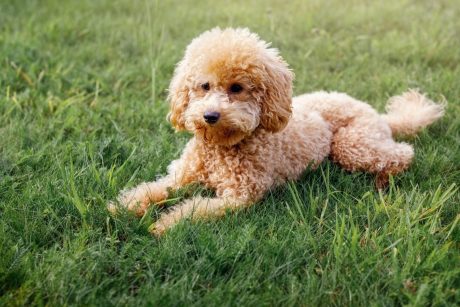
Natural and herbal hair products
Definition and features.
Natural and herbal hair products prioritize the use of plant-based ingredients and avoid synthetic chemicals and toxins. These products harness the power of nature to provide nourishment and care for the hair. Natural and herbal hair products often use botanical extracts, essential oils, and herbal infusions known for their beneficial properties. These products are formulated to be gentle on the hair and scalp while offering holistic hair care solutions.
Key natural and herbal ingredients used in hair products.
Natural and herbal hair products utilize a variety of key ingredients to promote hair health and enhance its natural beauty. Some common ingredients found in these products include:
- Aloe vera: Aloe vera is known for its soothing and hydrating properties. It can help calm an irritated scalp and moisturize dry hair.
- Chamomile: Chamomile has calming and anti-inflammatory properties. It can add shine and enhance the natural highlights of blonde or light-colored hair.
- Rosemary: Rosemary has stimulating properties that promote scalp health and hair growth. It can help strengthen the hair and prevent hair loss.
- Lavender: Lavender has a calming scent and can help soothe an irritated scalp. It can also have a balancing effect on oil production.
- Peppermint: Peppermint has a cooling and refreshing effect. It can help stimulate the scalp and promote blood circulation.
- Tea tree oil: Tea tree oil has antimicrobial properties that can help address dandruff and scalp issues. It also provides a refreshing sensation on the scalp.
These natural and herbal ingredients provide various benefits, from improving hair strength and shine to addressing specific hair and scalp concerns.
Advantages of using natural and herbal hair products.
Using natural and herbal hair products offers several advantages. Firstly, these products often avoid synthetic chemicals and toxins, reducing the risk of adverse reactions and promoting overall hair and scalp health. Secondly, natural and herbal ingredients can provide nourishment and care for the hair without weighing it down or causing buildup. They offer a more gentle and holistic approach to hair care, allowing the hair to thrive naturally. Lastly, natural and herbal hair products can be particularly beneficial for individuals with sensitive scalps or those looking for more sustainable and environmentally friendly options.
Recommended natural and herbal hair care brands.
Some recommended natural and herbal hair care brands include:
- 100% Pure: 100% Pure offers a range of natural hair care products that are made with pure and potent ingredients. They focus on harnessing the power of fruit and plant extracts to provide effective and beneficial hair care solutions.
- Acure: Acure offers natural and vegan hair care products that are formulated with organic ingredients. They prioritize sustainability and ethical sourcing in their product offerings.
- Desert Essence: Desert Essence is a brand known for its natural and holistic approach to hair care. They utilize botanical extracts and herbal infusions to create products that promote healthy hair and scalp.
How to choose the right eco-friendly hair products
Identify your specific hair care needs.
When choosing eco-friendly hair products, it is important to first identify your specific hair care needs. Consider factors such as your hair type, concerns, and styling preferences. Are you looking for products to address dryness, frizz, or color-treated hair? By understanding your individual needs, you can narrow down your options and find products that are tailored to your hair’s requirements.
Read product labels and avoid greenwashing.
Reading product labels is essential when selecting eco-friendly hair products. Look for labels that indicate the product is vegan, organic, sulfate-free, paraben-free, or natural. However, it is important to be aware of greenwashing, which refers to misleading marketing claims that make a product appear more environmentally friendly than it actually is. To avoid falling for greenwashing, read the full ingredient list and look for certifications from recognized organizations. This will help ensure that the product truly meets your eco-friendly criteria.
Consider your sustainability preferences.
Consider your sustainability preferences when choosing eco-friendly hair products. Are you looking for products that use sustainable sourcing, biodegradable packaging, or support social and environmental causes? Decide on the sustainability aspects that are most important to you and look for brands that align with your values. This can help you make a conscious choice and support companies that prioritize sustainability throughout their entire business practices.
Research and compare different eco-friendly brands.
Research and compare different eco-friendly hair product brands to find the ones that best meet your needs. Take the time to read reviews, visit brand websites, and learn more about their commitment to sustainability and product efficacy. Comparing different brands will help you make an informed decision and find the eco-friendly hair products that are most suitable for your hair care routine.

Tips for incorporating eco-friendly hair products into your beauty routine
Gradual transition to eco-friendly alternatives.
If you are new to using eco-friendly hair products, it can be helpful to make a gradual transition. Start by replacing one or two products in your routine with eco-friendly alternatives. For example, switch out your shampoo or conditioner with a vegan or organic option. As you become more comfortable and familiar with eco-friendly options, you can gradually replace more products in your routine. This allows for a smoother transition and makes it easier to adjust to new formulations and ingredients.
Experiment with homemade hair care remedies.
Another way to incorporate eco-friendly practices into your hair care routine is by experimenting with homemade hair care remedies. Many natural ingredients, such as coconut oil, honey, and apple cider vinegar, can be used to create nourishing hair masks, treatments, and rinses. DIY hair care remedies not only reduce your reliance on store-bought products but also allow you to tailor the ingredients to your specific hair care needs. Search for simple and natural recipes online and have fun experimenting with different combinations.
Proper disposal of product containers.
To further reduce your environmental impact, it is essential to properly dispose of the product containers. Check the packaging for recycling symbols and follow the guidelines provided by your local recycling program. Rinse out the containers to remove any residual product before recycling. If the packaging is biodegradable, consider composting it instead of recycling. By ensuring proper disposal, you can contribute to reducing plastic waste and promoting a more sustainable beauty routine.
Supporting eco-friendly hair salons.
Consider supporting eco-friendly hair salons that prioritize sustainability and use eco-friendly hair products. These salons often employ practices that reduce water, energy, and chemical waste. They may also offer eco-friendly hair products for purchase or use during your salon visit. By choosing to visit and support these salons, you contribute to the demand for eco-friendly practices and help promote sustainable beauty industry standards.
Challenges and limitations of eco-friendly hair products
Higher price points compared to mainstream products.
One of the challenges of using eco-friendly hair products is that they often come with higher price points compared to mainstream products. Eco-friendly formulations and sustainable sourcing practices can result in higher production costs, which are reflected in the retail price. However, it is important to consider the long-term benefits and overall impact of using eco-friendly options. While the initial investment may be higher, the environmental and personal health benefits can outweigh the higher cost.
Limited availability in certain regions.
Another limitation of eco-friendly hair products is limited availability in certain regions. Depending on your location, it may be more challenging to find a wide range of eco-friendly options. This can be due to distribution challenges and the fact that mainstream brands are more readily available. However, as the demand for eco-friendly products continues to grow, more retailers and local businesses are likely to stock eco-friendly options. Online shopping can also provide access to a wider range of eco-friendly hair products, regardless of location.
Potential adjustments to personal care routines.
Switching to eco-friendly hair products may require some adjustments to your personal care routines. Some eco-friendly products, especially natural and herbal options, may have different textures, scents, and results compared to mainstream products. It may take some time to find the right eco-friendly alternatives that work best for your hair and meet your expectations. Experimentation and patience are key to finding the products that align with your preferences and needs.
Understanding product certifications and labels.
Understanding product certifications and labels can be challenging when choosing eco-friendly hair products. There are various certifications and claims that brands can make, and it can be overwhelming to navigate through them. It is important to educate yourself on the different certifications and what they mean. Look for certifications from recognized organizations, such as the USDA Organic seal or the Leaping Bunny logo for cruelty-free products. Doing research and familiarizing yourself with different certifications will help you make more informed decisions and choose products that truly meet your eco-friendly standards.
In conclusion, the popularity of eco-friendly hair products continues to rise as more people become aware of their impact on the environment. Factors such as increasing awareness of environmental impact, celebrity endorsement and product lines, growing demand for ethical consumerism, and a preference for cruelty-free formulations have all contributed to this trend. Using eco-friendly hair products offers advantages such as a reduced carbon footprint, utilization of plant-based alternatives, biodegradable or recyclable packaging materials, and avoidance of harmful chemicals and toxins. Different types of eco-friendly hair products, including vegan, organic, sulfate-free and paraben-free, and natural and herbal options, cater to various preferences and needs. Selecting the right eco-friendly hair products involves identifying specific hair care needs, reading product labels, considering sustainability preferences, and researching and comparing different brands. Additionally, tips for incorporating eco-friendly hair products into a beauty routine include a gradual transition, experimenting with homemade remedies, proper disposal of product containers, and supporting eco-friendly hair salons. However, there are challenges and limitations to using eco-friendly hair products, such as higher price points, limited availability in certain regions, potential adjustments to personal care routines, and understanding product certifications and labels. Despite these challenges, the increasing popularity of eco-friendly hair products showcases a growing awareness and commitment to making sustainable and ethical choices in hair care.


